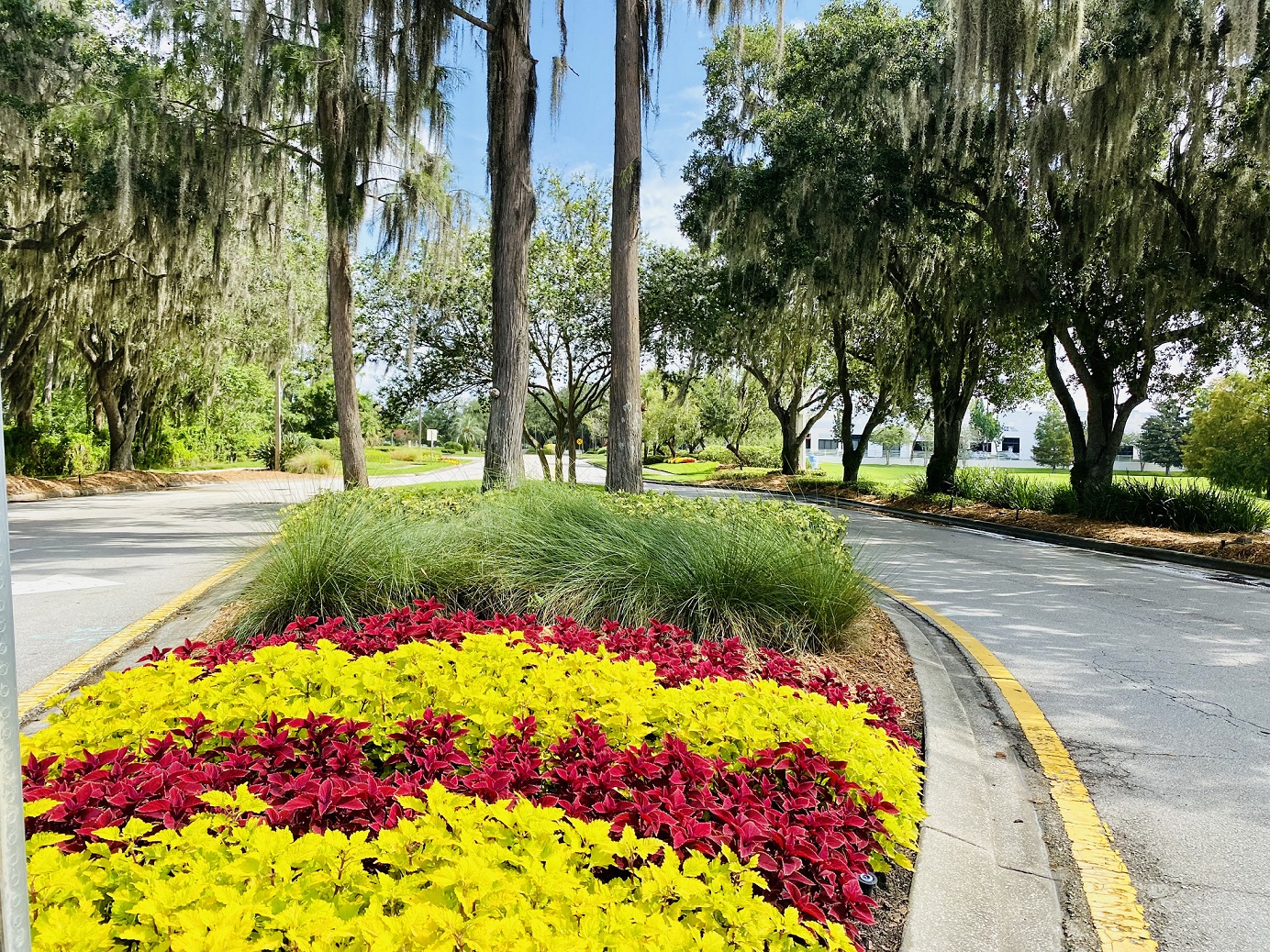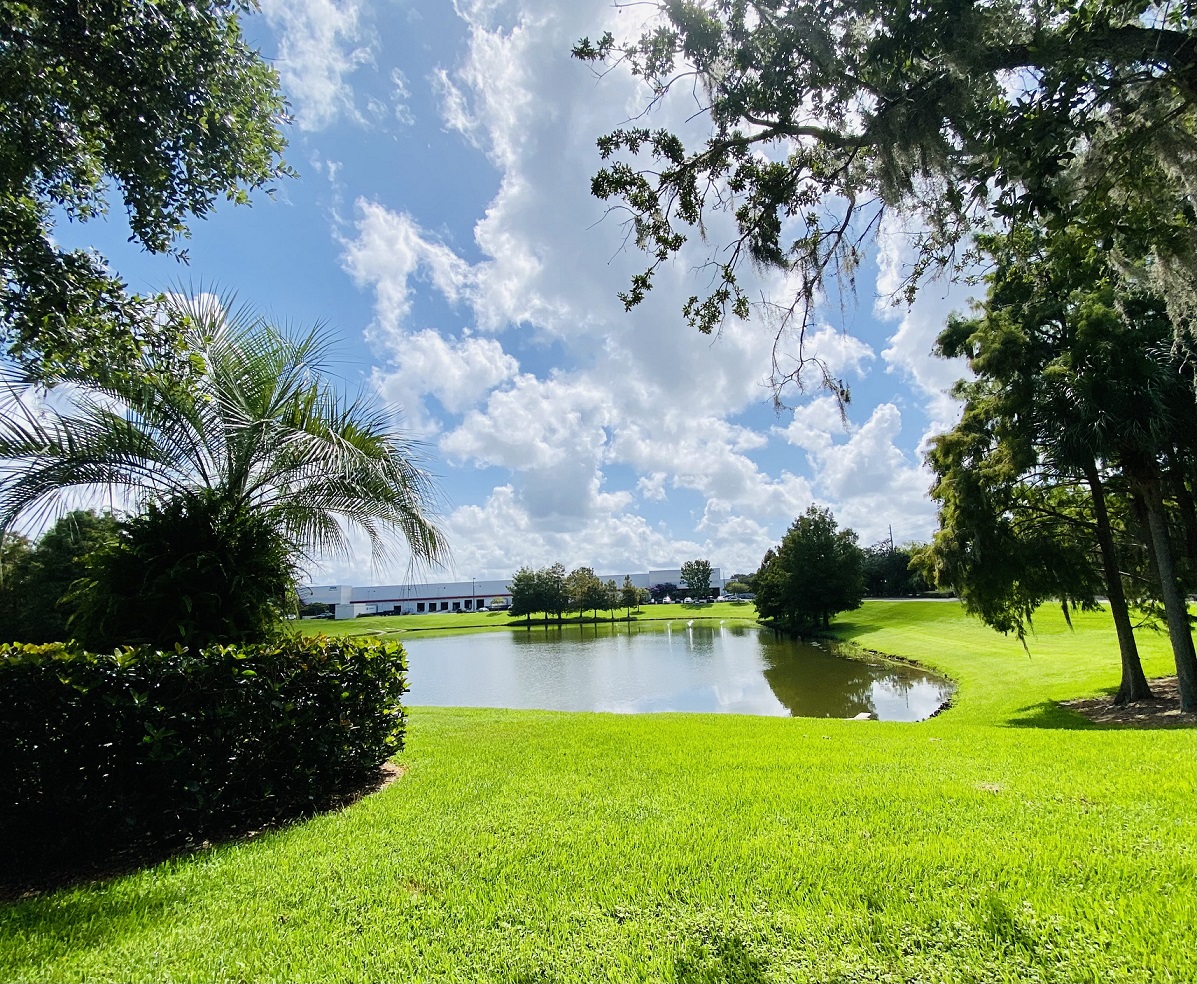
Commercial landscape irrigation systems are essential for maintaining the health and aesthetics of outdoor spaces in businesses, parks, and other public areas. These systems typically consist of various components, including pipes, valves, and sprinkler heads, designed to deliver water efficiently across different landscape features. Proper design and installation are crucial to ensure adequate coverage while conserving water. Moreover, modern irrigation technologies, such as drip irrigation and automated controllers, can significantly reduce water waste and optimize resource use, contributing to sustainability efforts in commercial landscaping. Regular maintenance and monitoring are also vital to identify leaks or inefficiencies that could disrupt the system's performance.
